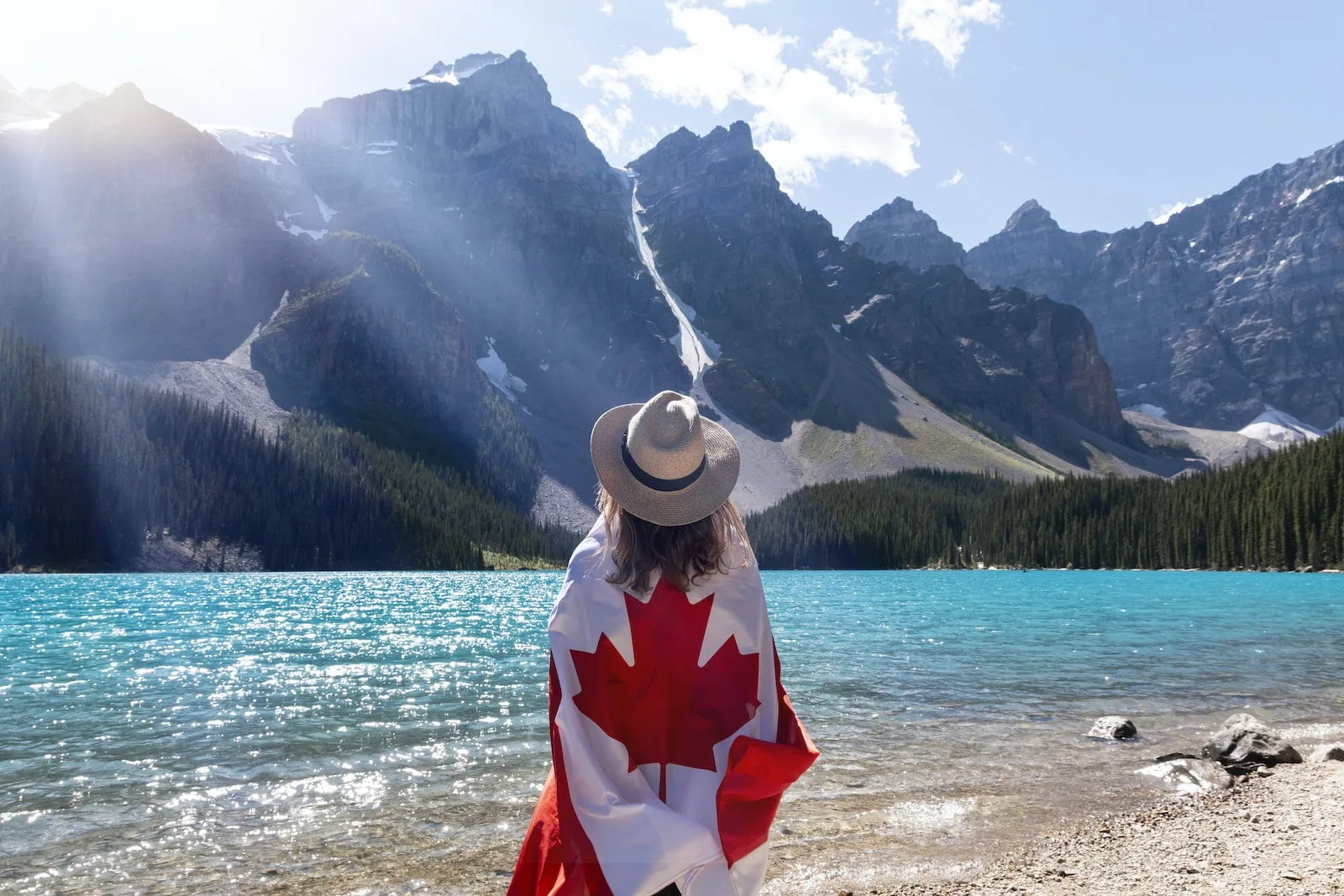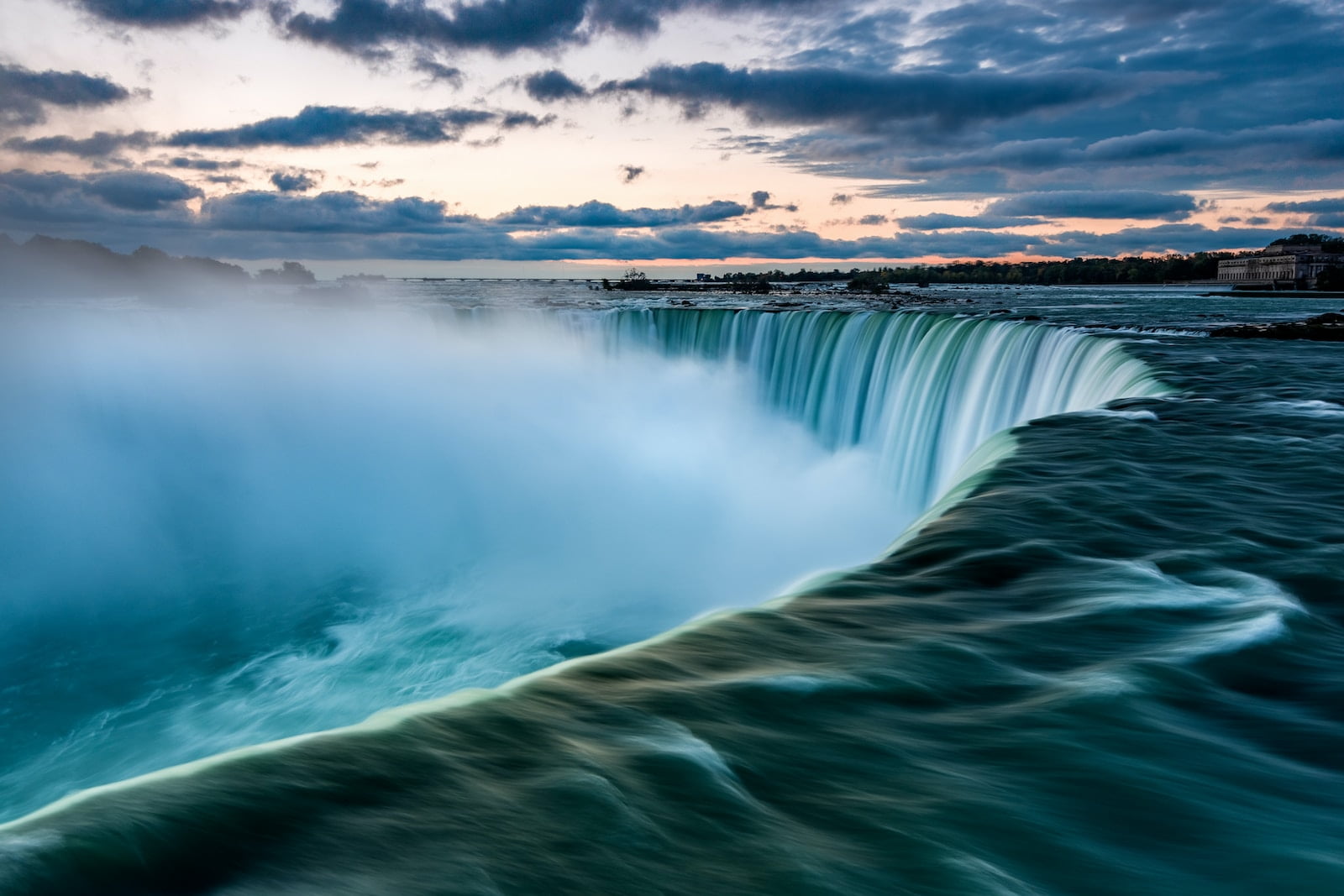Summary. This article provides an overview of what travelers should know before visiting Canada. It highlights the need to obtain a visa, research which destinations to visit, some of the customs and laws to be aware of, culture, nature, and activities that can be enjoyed, and the necessary vaccinations and medical insurance. Additionally, the article provides information on the cost of living, currency exchange, and weather to ease travelers’ planning and help them make the best of their visit.
Are you looking to discover all that beautiful Canada has to offer? Are you preparing for an epic Canada adventure? If so, you’ll want to make sure you have all the information necessary to make your visit as seamless and enjoyable as possible. With its stunning snow-capped mountains, glittering lakes, lush forests and countless opportunities for exploration, there’s no doubt Canada is an amazing travel destination. But before you embark on your journey, there are a few essentials to know about Canada that will help to make your trip the most enjoyable and memorable it can be. From the legal requirements for entry to the best outdoor activities to experience, here’s what you need to know before visiting Canada.
Determine if you need a visa or an Electronic Travel Authorization (eTA). Citizens of several countries such as France, the UK, New Zealand and Australia don’t require a visa, but they will need to obtain an eTA. What is the best time of year to travel to Canada? Depending on your destination, the best time to visit Canada varies. For example, winter is a great time to explore places such as Banff National Park and Newfoundland due to the snow sports and lower prices.
Off-season is an ideal time for city visits as accommodation rates are cheaper and crowds are smaller. What currency is used? Canadian currency is called Canadian Dollar. You can exchange your money at banks, airports and post offices. Most major Canadian cities have plenty of ATMs, though in small towns they may be scarce.
What To Know Before Visit Canada
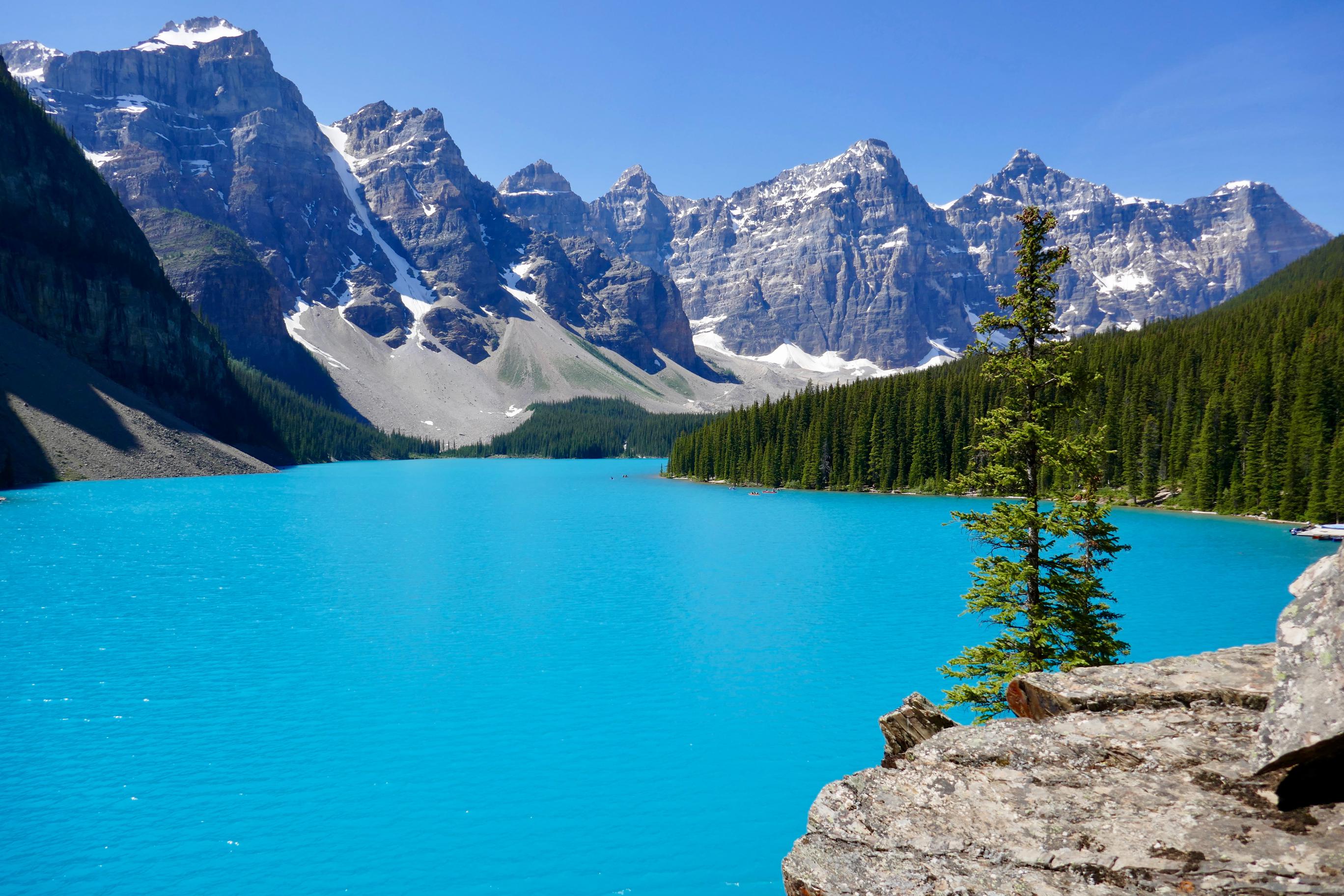
Planning prepared can make your trip to Canada even more wonderful. This gorgeous nation will wow both first-time and repeat tourists with its breathtaking landscapes and welcoming people. However, it’s crucial to do your homework so you are aware of what to anticipate in order to get the most out of your trip. Before visiting Canada, you should be aware of the following. You’ll always be welcomed with a grin since, first and foremost, Canadians are known for their friendliness and friendly nature. Keep in mind that Canadian immigration checkpoints at airports might require your passport and travel documents.
It’s a good idea to look out any specific laws or restrictions that may apply in the place you’ll be visiting. Most Canadian cities have effective public transit networks, making getting about very simple. Taxis, auto rentals, and even bus excursions are other options for getting around cities and local sites. Keep in mind that most Canadian highways are well-marked, with signs in both French and English, for individuals who want to travel alone. Make sure you’re dressed adequately if you want to take in some of Canada’s natural beauty.
Sunscreen and sunglasses should also be brought if you want to go trekking or camping. Additionally, make sure to inquire about any additional requirements with national parks or campgrounds. Experiencing a new culture is a big aspect of traveling, and Canada has enough of it to offer in the form of distinctive food. With its diverse origins, Canadian cuisine includes a range of tastes and cooking techniques, from traditional family dinners to delicious seafood dishes. A large variety of wines, beers, and unusual spirits are also available in Canada.
Entry And Exit Requirements For Travel To Canada
Canada travel has never been simpler! More and more travelers are selecting Canada as their favorite destination due to the simple admission procedures. There are a few crucial things to understand about the nation’s entrance and departure rules before you set out on your journey. The first step in deciding if you may enter Canada without a visa or whether you need to apply for an Electronic Travel Authorization (eTA) is to decide whether you qualify. Those who are eligible for admission without a visa include Canadian citizens, permanent residents, and foreign nationals with a valid visa or eTA.
The length of the visit to Canada must be covered by the passport’s validity. Additionally, they must be valid for at least three months after the date of your departure. When arriving in Canada by air, you must have a current passport with you. Visitors may also be asked to provide documentation of their financial stability, depending on where they are coming from.
Is It Safe To Travel To Canada
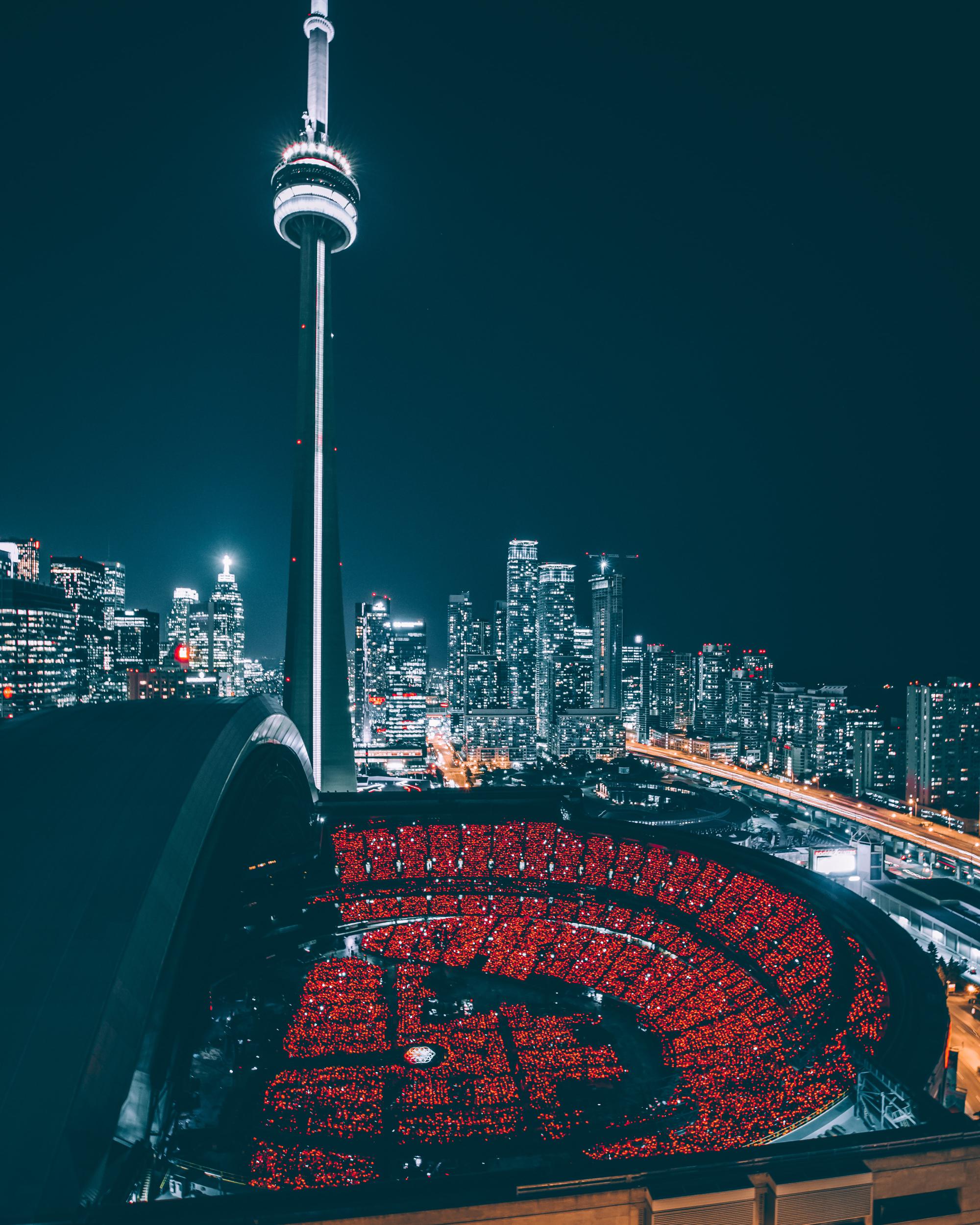
“Is it safe to travel to Canada?” is a common query. – a loud “yes!” is a swift response from many travelers. Many people visit to Canada because it is usually regarded as a kind and safe place, and they do so to take in its vibrant cities and breathtaking national parks. However, it’s crucial to keep in mind that every nation has its risks, and Canada is no different. No matter where you’re going, being well-prepared is essential for a productive, secure, and pleasurable vacation. There are a few things you should know about traveling in Canada for a stress-free vacation before you go for the Great White North.
The second-largest nation in the world, it offers a huge 2 million square miles of exploring opportunities. Planning your route between places is crucial if you want to travel across Canada. Due to the wide landscapes and little public transit in Canada, hiring a vehicle could be your best bet for making the most of your vacation. People from Canada are known for being kind and hospitable.
Learning the language may help you interact with the people and can also make it simpler for you to understand menus, street signs, and other essentials for tourists. A part of visiting Canada is getting used to the weather. Canada offers a variety of climates separated into five primary areas due to its size and geographic diversity. If you want to go throughout Canada in one trip, packing might be challenging since the climate can vary from Arctic tundra near the Arctic Ocean to a tropical jungle near the equator.
Is Canada Cheap Or Expensive?
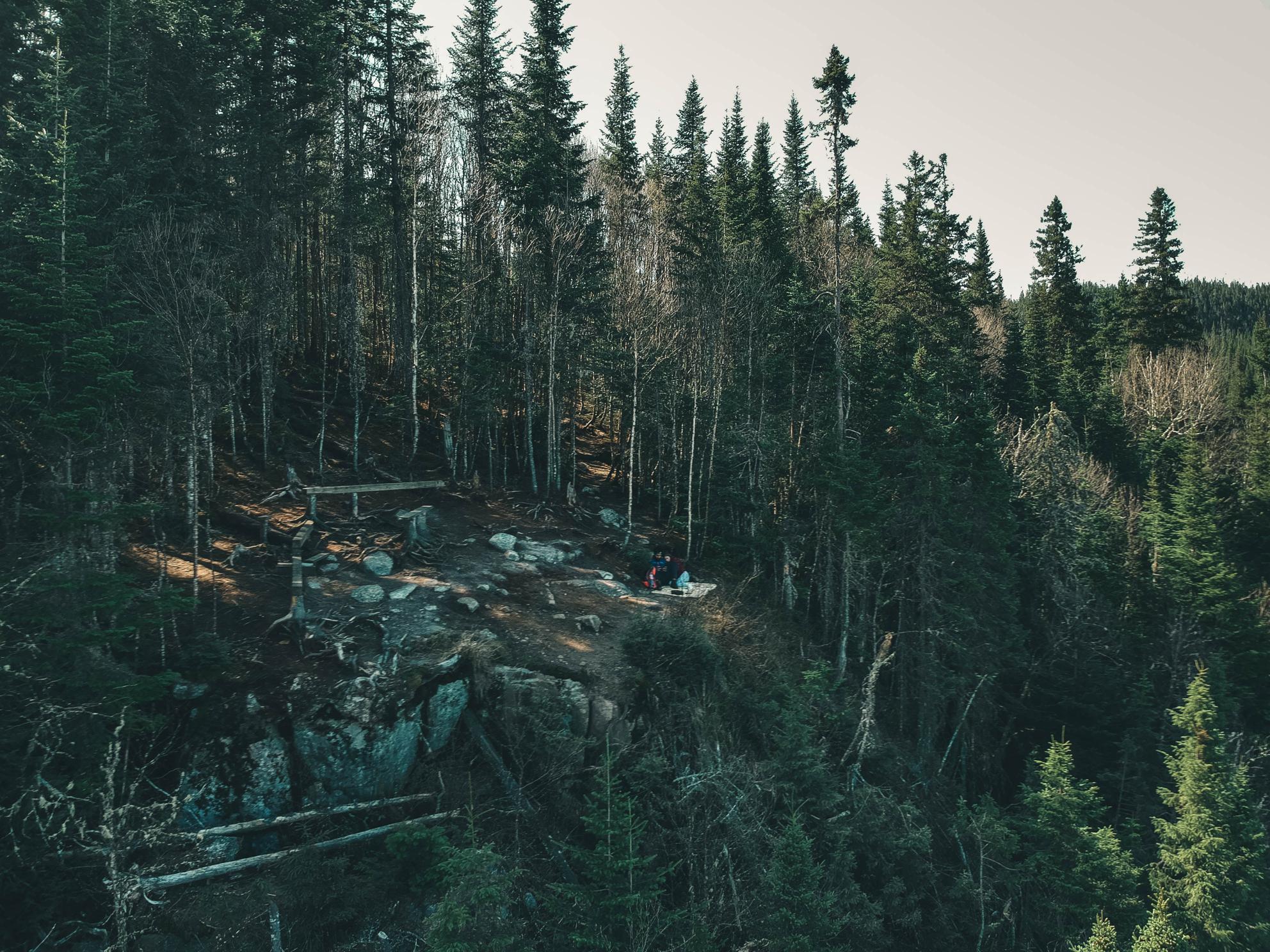
Is Canada Affordably Priced? That’s a frequently asked question among tourists thinking about visiting this stunning and sizable nation. It can’t exactly be categorized as a low-cost vacation destination, but it isn’t as pricey as one would think either. What should you know about Canadian travel expenses, then? Prices might vary greatly from one city to the next, just as in any other nation.
In general, it can be said that while transportation and food costs are quite reasonable, lodgings in Canada are a little on the pricey side. By making reservations in advance and choosing the correct city, lodging may be readily secured for a reasonable price. Plan your booking in advance if you’re wanting to stay in one of Canada’s major cities. Some of the world’s busiest cities, including Toronto, Calgary, Montreal, and Vancouver, are located in Canada.
It’s also important to keep in mind that visitors from certain nations may be eligible for free tourist visas to Canada. If you come from a nation that is entitled to a free tourist visa, your vacation will already be less expensive. The cost of traveling around Canada will vary depending on the form of transportation you use, but in general it isn’t very costly. If you’re planning a road trip, car rental is reasonably priced, and domestic flights within Canada are sometimes much less costly than international flights.
The Most Visited Places In Canada
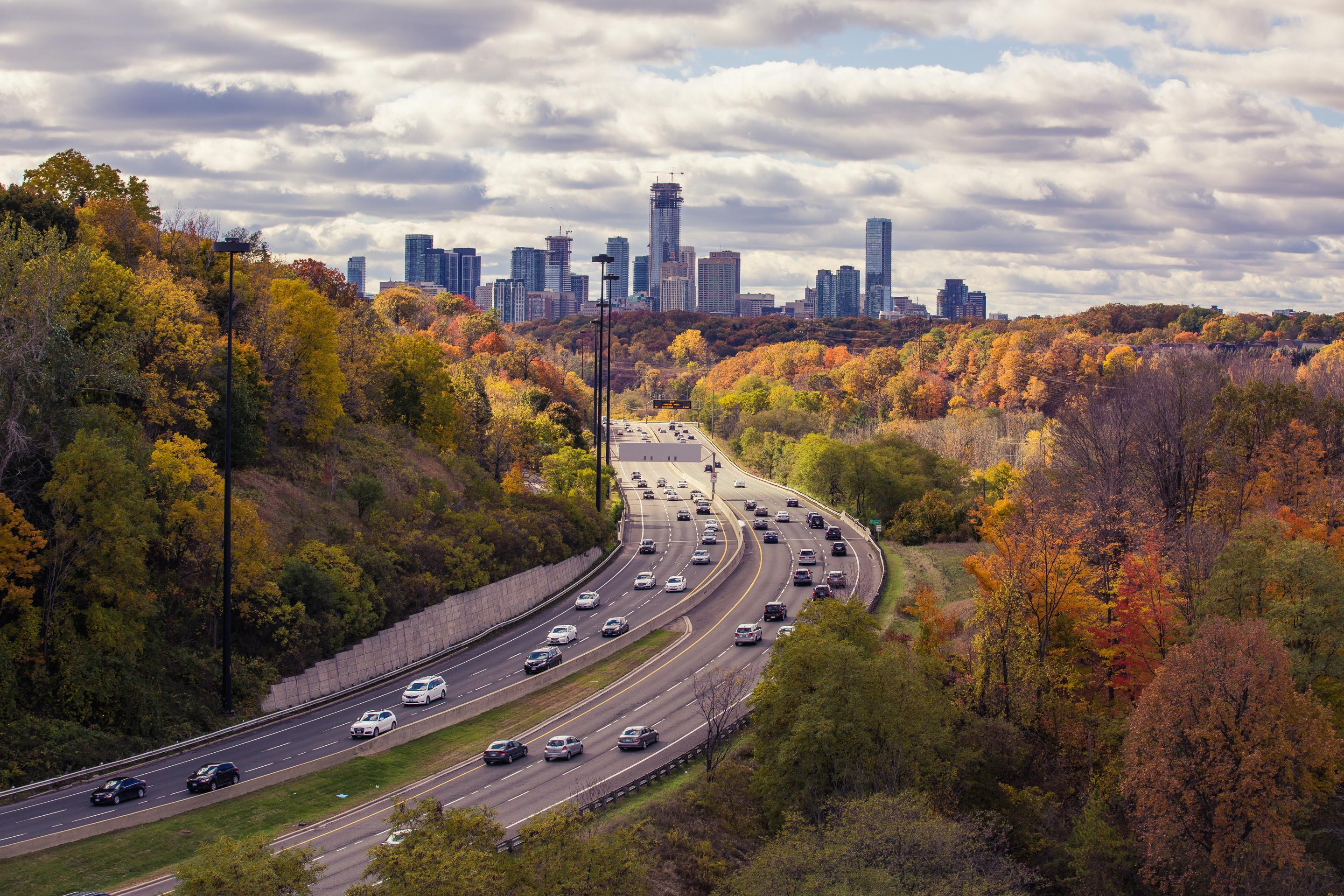
For a rich and unforgettable experience, it is highly recommended to go to the wide and stunning nation of Canada. The nation is awash in amazing natural beauty, from the alpine areas with their beautiful mountain vistas to the gorgeous coastline on both the Atlantic and Pacific coasts, and its cities are energetic, cutting-edge, and dynamic. How to Prepare for a Visit to CanadaThere are several factors you should think about before organizing a vacation to Canada. Here are some helpful suggestions to help you make the most of your next trip to the great white north, covering everything from airline schedules and currency to visas, geography, and even language. Flight times – Depending on where you are flying from, it may take a while to get to Canada. For instance, it may take up to eight hours to fly from London to Toronto.
Money – The Canadian dollar is the official currency of Canada. Although some hotels and airports may offer currency exchange services, it is best to check exchange rates and get your Canadian dollars from an ATM. Visas – If you are from a specific country, you may need to get a visa before visiting Canada. For further information, be sure to contact the Canadian embassy.
Climate: Canada has a wide range of climatic patterns, and the weather may vary based on the season and where you are. The east coast is much colder than the west coast, which is often balmy and warm. English and French are the two official languages of Canada. If you’re planning to visit one of the many significant French-speaking cities like Montreal or Quebec, it may be a good idea to brush up on your French beforehand.
Another Useful Information About Canada: Currency, Language, Local People

Before making travel arrangements to Canada, it’s crucial to be informed, especially about the country’s government, economy, and population. Canada is a country with incredible cultural variety and unique customs, in addition to the country’s recognizable snow-capped mountains and blue lakes. You may make your vacation to Canada as smooth and pleasurable as you can by being prepared and knowing what to anticipate. The Canadian Dollar (CAD) is used as the country’s official currency. In big cities and towns, there are several banks and ATMs; nonetheless, it is advised that you carry some cash with you for minor transactions.
English and French are both official languages of Canada. While French is the official language in the province of Quebec, English continues to be the dominant language in the business world and the majority of the nation. Other regions with a high concentration of French speakers may also have French-speaking residents. In Canada, locals are often exceedingly kind, cordial, and hospitable.
Travelers are urged to respect local people’s choices, beliefs, and way of life while also being cognizant of cultural differences. To prevent any uncomfortable or difficult situations, it is also advisable to be knowledgeable of the local rules and regulations. It is best to be ready and have a fundamental awareness of the surroundings and what to anticipate before visiting Canada. Traveling will be more comfortable and pleasurable for you if you are familiar with the local currency, language, and traditions.
The Takeaway: Bottom Line
Are you planning a trip to Canada? Whether it’s to visit scenic mountains, wander the cities, explore Canadian culture or attend a business meeting, it is important to know what to expect, and what to bring, before visiting this beautiful country. Let’s start with the basics – what language is spoken in Canada? English and French are the two main languages, but many people also speak other languages such as German, Spanish, and Italian. It is helpful to brush up on any language you may need to communicate while in Canada. Once you have a language figured out, it’s time to look at the details. What documentation do you need in order to enter the country?
S. need a passport, but citizens of other countries will require additional documentation, so be sure to check with the Canadian Embassy for the requirements. Of course, you will need a hotel room, or an Airbnb. Canada has a wide array of diverse cities, from the bustling metropolitan of Toronto to the quiet neighbourhoods of Montreal, so it is important to do your research and understand their different aspects and atmosphere. Before visiting, it is beneficial to check the weather. Canada can get extremely cold in the winter, so it is important to be equipped with the necessary winter clothing.
The last things to consider are the extra expenses and spending. Canadians use Canadian Dollar as their currency, so be sure to convert your cash before your arrival. You may also want to look into purchasing some unique souvenirs during your trip. Are you ready to visit Canada? Have you checked all the requirements, researched the different cities, and packed your suitcase? It’s time to enjoy this beautiful country and all the adventures it has to offer!
Frequently Asked Questions (FAQs)
What can I not bring into Canada?
You may also be prohibited from bringing in certain plants, animals, and animal or plant products.
What should I prepare for a trip to Canada?
Passport: You will need a valid passport to enter Canada. Visa: Depending on your country of origin, you may need to apply for a visa before traveling to Canada. Travel Insurance: Ensure you have adequate travel insurance to cover any medical expenses or other costs you may incur while in Canada. Clothing: Make sure you pack appropriate clothing for the weather in the region you are visiting. Money: Make sure you have enough money for your trip. Canada’s currency is the Canadian dollar. Transportation: If you
Can I bring a bottle of liquor into Canada?
You must also meet the minimum age requirements of the province or territory you are entering.
What items you Cannot bring to Canada?
- Weapons such as firearms, explosives, and ammunition
- Illegal drugs – Child pornography
- Obscene material
- Counterfeit money and goods
- Animal products from some countries
- Plants and plant products from some countries
- Certain types of food
- Items from embargoed countries
- Pets that do not meet Canadian health requirements
Can I bring liquids into Canada?
However, they must be in containers of 100 millilitres or less, and all containers must fit inside a single, transparent and re-sealable plastic bag with a capacity of no more than 1 litre.

